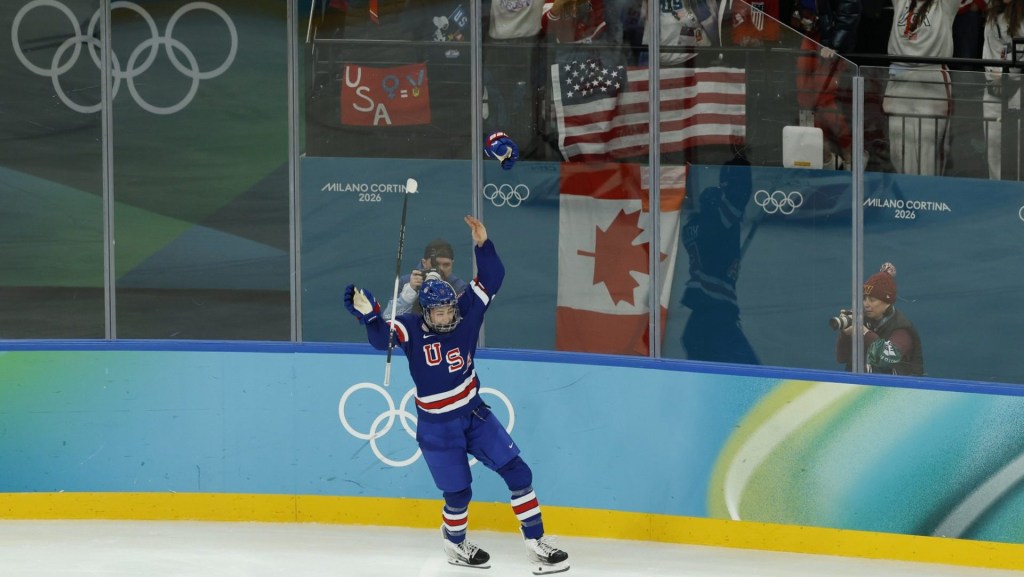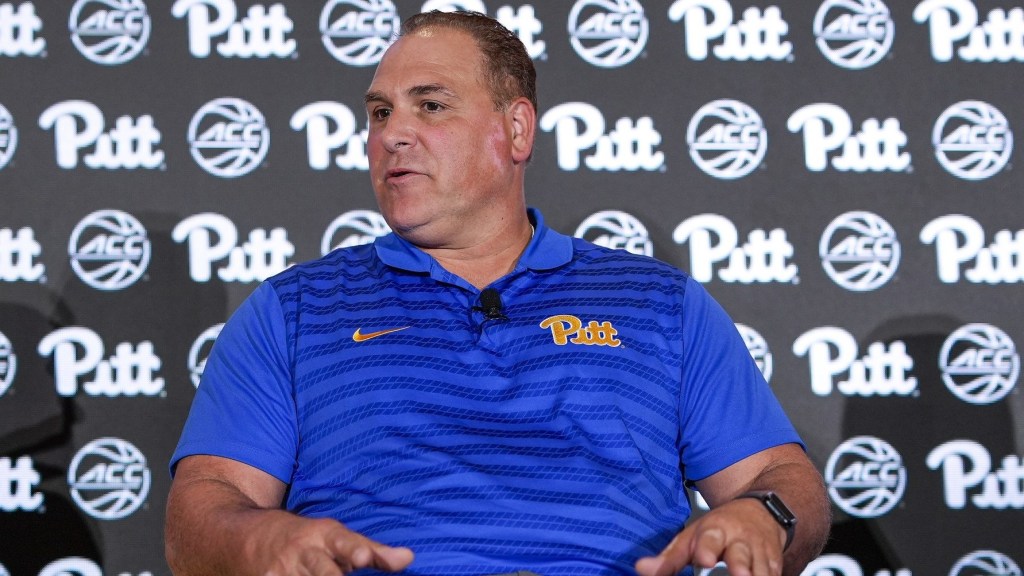The White House is actively working on an executive order related to governing the NIL (name, image, and likeness) landscape, a source familiar with the matter confirmed to Front Office Sports. The news was first reported by CBS.
Lawmakers on Capitol Hill have debated for some time whether and how to pass legislation that would govern NIL, as well as other college sports rules. The NCAA and power conferences have spent years lobbying to regain control of that landscape. (On Tuesday, a bill governing NIL and other college sports rules called the SCORE Act passed a subcommittee markup, but is still multiple steps away from reaching the House floor.)
Now, Trump appears to be jumping into the fray.
While it’s still unclear what the president’s order would contain, it’s unlikely to significantly conflict with current efforts in the House. But an executive order wouldn’t have the power to grant some of the antitrust protections that the NCAA and power conferences have been asking for in Congress to govern the NIL era, sources previously told FOS. Instead, the order could establish a commission to investigate the issue and report back best practices, as Trump has done in the past.
The idea of a commission isn’t new: Reports surfaced last month suggesting Trump was considering a commission on college athletics co-chaired by former Alabama football coach Nick Saban, who Trump met with in May, and Texas Tech billionaire booster and university board of regents chairman Cody Campbell.
Saban, however, said on The Paul Finebaum Show in mid-May that he wasn’t even sure college sports needed a presidential commission.
Campbell told USA Today he has kept in contact with the White House about potentially working with the Trump administration on college sports compensation issues in the future. He has also set up a nonprofit called Saving College Sports to advocate for his views, and has enlisted two lobbying firms to advance his causes on Capitol Hill, FOS previously reported. (The White House never confirmed discussions about a commission, or responded to a request for comment on Campbell’s talks with Trump.)
During an appearance on SEC This Morning on Wednesday, SEC commissioner Greg Sankey suggested he was unaware about the specifics of a commission—a significant admission, given that he went golfing with President Trump in June. “You actually have to see if something happens, and then if something happens, what is included,” he said, adding that he “didn’t have any inside information.”
Meanwhile, lawmakers in Congress have been considering legislation not just on NIL, but also on athlete employee status, antitrust protections for the NCAA, and other governance rules. They’ve held more than a dozen hearings and introduced a slew of bills—none of which have reached the floor of Congress for a vote. Those conversations, as well as NCAA lobbying efforts, have picked up as the House v. NCAA settlement reached its final stages and was ultimately approved in June.
The result of that labor so far is the SCORE Act, which would codify the terms of the House v. NCAA settlement, give the NCAA antitrust protections to shield it from lawsuits challenging compensation and governance rules, and rule that athletes aren’t employees.
On Tuesday, the subcommittee in the House Committee on Energy and Commerce voted to advance it to the full Commerce Committee for a markup. The bill could potentially go through a markup in the House Committee on Education and the Workforce, which also has jurisdiction. If it passes these markups, the bill would then go to the House floor for a vote.
The White House did not immediately respond to a request for comment.

















